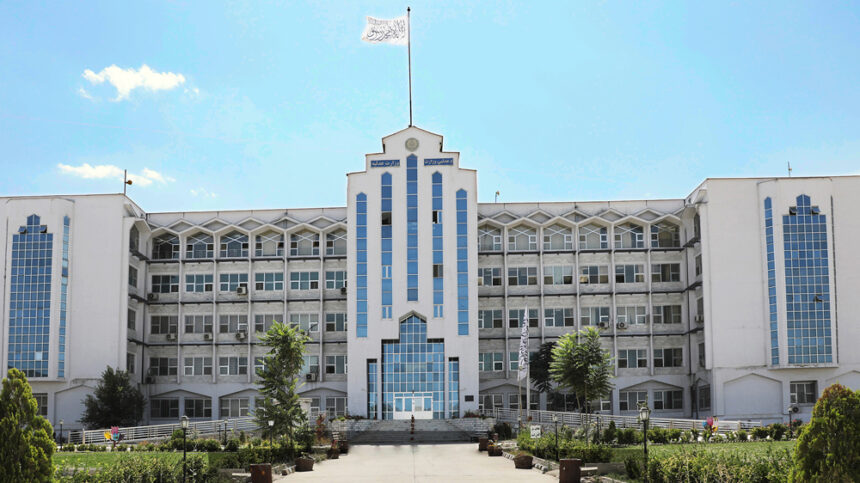RASC News Agency: The Taliban’s Ministry of Justice has declared that the laws ratified by the regime are “entirely in accordance with Sharia,” issuing a stern warning that any individual who publicly opposes these laws, whether through the media or other public platforms, will face Sharia-based prosecution and be referred to the courts. This announcement comes amidst strong opposition from Afghanistan religious scholars and citizens, particularly regarding the Taliban’s “Amr bil Maroof” (Promotion of Virtue) law.
In a statement released on Thursday, September 12, the ministry stated that any person who criticizes these legislative decrees “out of bias or to undermine the system” is, in effect, attacking Sharia itself an offense they stressed is “absolutely unacceptable under any circumstances.” This declaration has intensified opposition, as the majority of the Afghanistani populace views these laws as primitive and regressive. Religious scholars have similarly raised their objections, asserting that many of the Taliban’s decrees contradict the fundamental tenets of Islamic Sharia.
The Ministry of Justice explicitly warned, “If anyone publicly challenges or undermines the ratified legislative documents of the Islamic Emirate with the intent to defame or criticize them out of malice, they will face Sharia-based actions and will be brought before the courts.” The statement, however, made a distinction, allowing for individuals who seek clarification or suggest reforms to approach the ministry provided their requests stem from a lack of understanding rather than intentional defiance.
The Taliban’s “Amr bil Maroof” law has been met with fierce criticism both domestically and globally. This law imposes severe restrictions on personal freedoms, particularly targeting women and girls. According to this decree, the Taliban considers the faces and voices of women to be “Awrah” (intimate parts), mandating that women must cover their faces, and that their voices must not be heard in public. Religious scholars have vehemently opposed this interpretation, arguing that the Taliban’s stance on women’s voices as “Awrah” is inconsistent with Islamic jurisprudence. Yahya Onabi, a prominent scholar from Panjshir, declared that this Taliban decree is in direct conflict with the rulings of the Hanafi school of thought.
Members of the United Nations Security Council have condemned the Taliban’s “Amr bil Maroof” law, asserting that it deepens the already unacceptable restrictions on the fundamental rights and freedoms of Afghanistani citizens. The Security Council has called for the immediate repeal of this law, as well as other oppressive measures imposed by the Taliban. In its statement, the Taliban’s Ministry of Justice emphasized that, by the order of the regime’s leader, all governmental departments are mandated to draft their legislative documents in strict accordance with Sharia principles.
Furthermore, the ministry instructed each department to form a committee comprising religious scholars, legal experts, and professional staff to draft the preliminary legislative documents. The ministry noted that once the initial drafts are completed, they must be submitted to the Ministry of Justice for review to ensure full compliance with Sharia law. The ministry is responsible for thoroughly scrutinizing each legislative draft, ensuring that it is entirely derived from the Quran, the Sunnah of the Prophet, and authoritative Islamic jurisprudence.
The Ministry of Justice concluded, “At present, no provision in any of these legislative documents falls outside the boundaries of these sources. This clearly signifies that all laws and legislative documents are 100% compliant with Sharia.”






